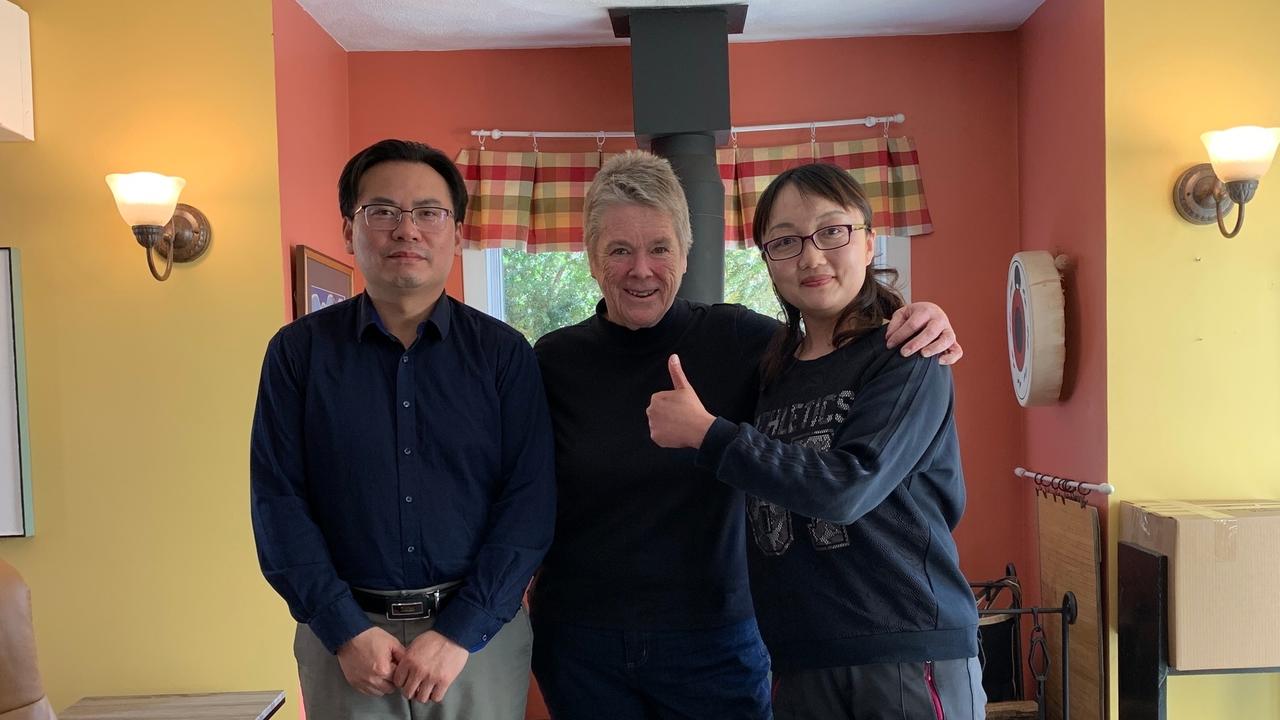Hearing Distressing Voices in China
May 02, 2019
Recently I invited Lu Chen and Dr. Jian to my home. Both are from mainland China and are visiting scholars in the U.S. Lu Chen is a researcher and university nursing instructor. She is spending the year at the University of Massachusetts in Boston to study methods for nursing education. One day she was shadowing a UMass professor who happened to be using my Hearing Distressing Voices Simulation with a group a nursing students. Lu Chen found my simulation to be compelling. She proposed we collaborate on a version of the Simulation that was culturally and linguistically relevant for mainland China. And that's where things get interesting.
As we met on a chilly March day in my "fire room" with the wood stove ablaze, I told Lu Chen that if we were to cooperate on the development of a Chinese/Mandarin version of the Distressing Voices Simulation, we would have to agree on certain principles as follows:
- Folks living in China who hear distressing voices must be included in developing the simulation.
- The simulation must not be a voyeuristic experience.
- The opening lecture must be done by a voice hearer.
- During the simulation, participants must complete various tasks at workstations e.g., a simulated mental status exam; a simulated day program activity, etc. Workstations are run by "staff" who make a point of not being terribly supportive of the participants undergoing the simulation. There is no discussion of participant's experience of hearing simulated distressing voices. Participants are left pretty much alone and isolated with the voice hearing experience.
- Following the simulation, there is a debriefing where voice hearers, trainers and participants come together to process the experience. The debrief usually lasts for an hour.
I'm excited about this opportunity. The more I think about it, the more I realize that it offers an opportunity for voice hearers in China to get involved in leadership positions. Lu Chen tells me there are no user organizations or "out" leaders in China. Maybe the work of bringing the simulation to China could help start a user-movement there. I sure hope so.

